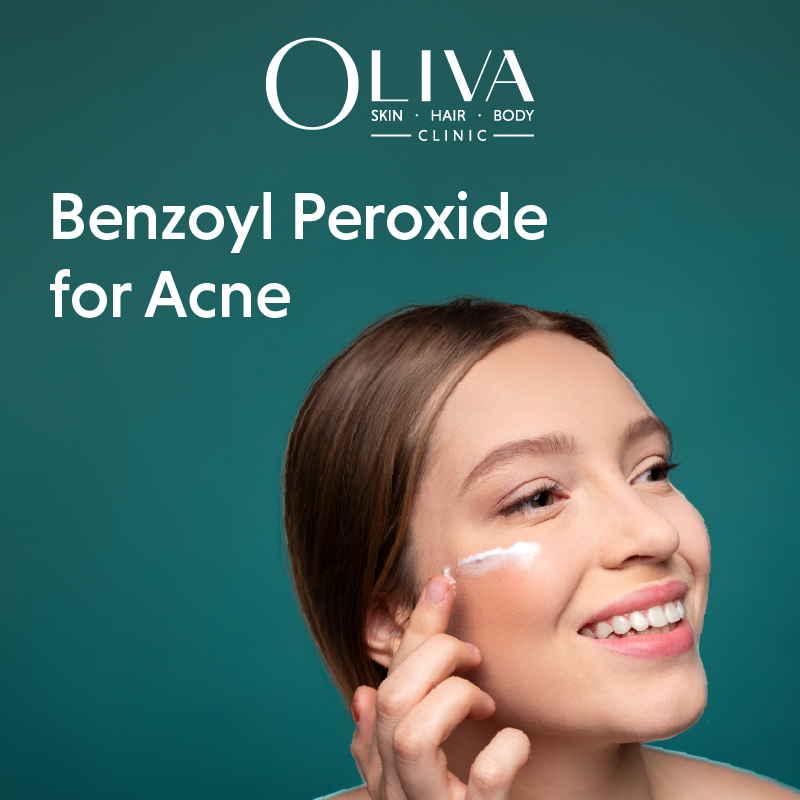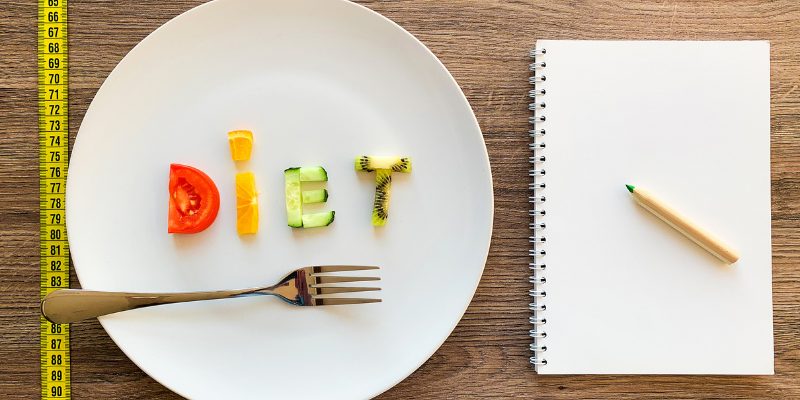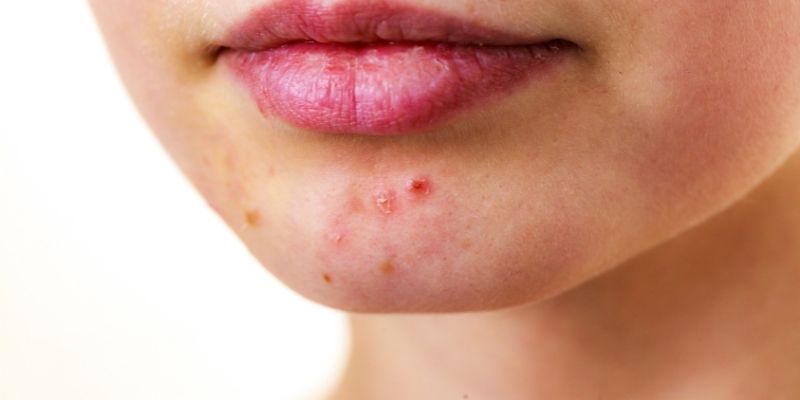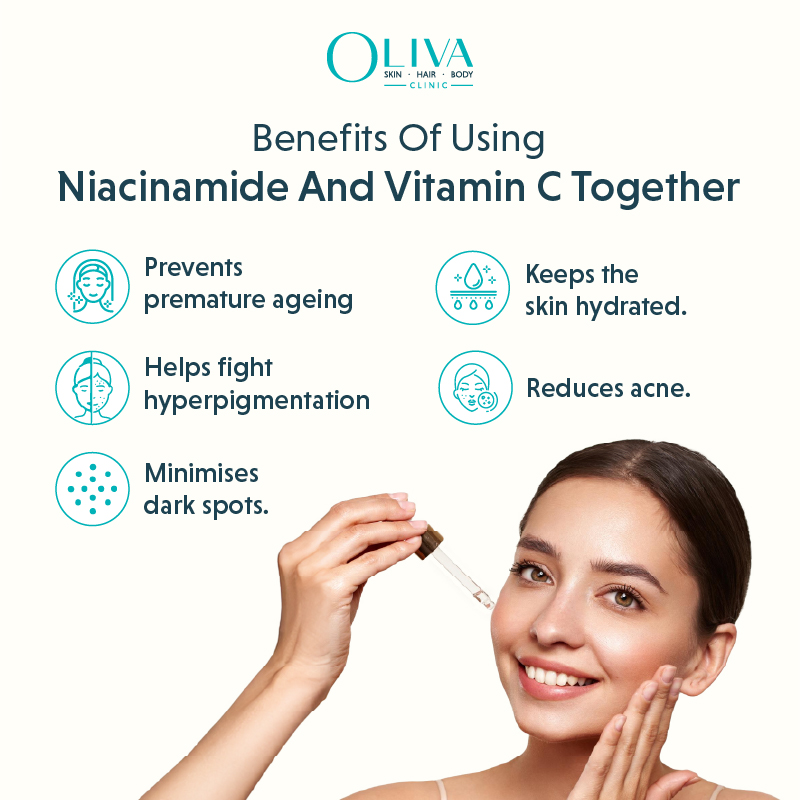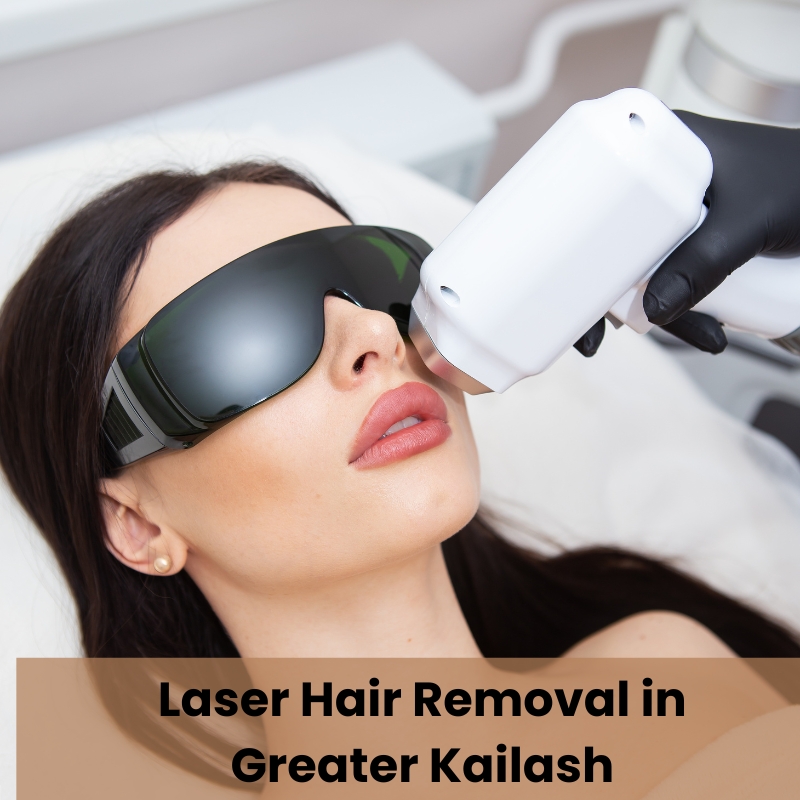How To Get Rid Of Whiteheads On Nose?
Whiteheads are a common skin concern affecting both men and women of all ages. While various factors contribute to whiteheads, excess oil production is the primary cause. Are you looking for tips to remove or treat whiteheads on nose at home? This article explains home remedies and other treatment options to help you get rid of whiteheads.
Table Of Content
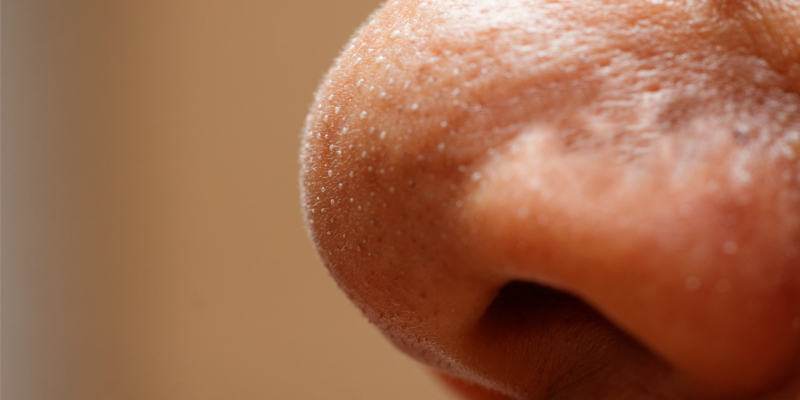
What Are Whiteheads?
Whiteheads, also known as comedones or pimples, are small bumps on the skin that form when oil, dirt, bacteria or dead skin cells clog the skin’s pores. Whiteheads are a common type of acne, but they are difficult to extract due to their closed ends. Whiteheads are associated with excess sebum production. The nose and T zone of the face are more susceptible to oil production, making them the most common points for developing whiteheads. The other common areas where whiteheads can commonly occur are the forehead, chin, cheeks, neck, back and chest.
How Do Whiteheads Look Like?
Whiteheads typically look like tiny bumps on the skin. They could either be yellow or white in appearance. Check out some of these images of whiteheads on the nose, forehead, cheeks and more.
What Causes Whiteheads?
Various factors cause whiteheads on the skin. Some of the top reasons include:
-
Hormonal changes:
The human body may experience hormonal imbalances during various stages of life. For example, during puberty, menstrual cycles, and pregnancy, the body undergoes rapid changes in estrogen and progesterone levels. This sudden change in hormonal levels causes excess sebum production in the body leading to whiteheads.[1]
-
Stress:
Stress and a poor lifestyle can alter the hormonal balance in the body and lead to overproduction of sebum, which causes whiteheads. Additionally, if the skin pores are clogged and already vulnerable to whiteheads, stress and a poor lifestyle can worsen the situation.
-
Abnormal keratin formation:
Keratin is the protein that helps grow your hair, skin and nails. Sometimes, the protein can clump together with dead skin cells and block hair follicles, causing plugs of whiteheads on the skin.[2]
-
Acne-inducing bacteria:
Our body and skin are hosts to many good and bad bacteria. Whiteheads may occur due to the presence of Propionibacterium, a major contributing factor for the development of whiteheads on nose.
-
Excess sebum production:
The sebaceous glands are responsible for sebum production. In some people, these glands produce excess sebum. The excess sebum, mixed with dirt particles, dead cell deposits and other impurities in the skin, can form a plug in the hair follicles. This plug can lead to whiteheads, also known as acne, pimples or zits.
-
Family history of acne:
If either of your parents had whiteheads or acne, you are likely to have them, too. Most skin concerns, including whiteheads, can occur due to family history.
-
Poor hygiene:
Not maintaining proper hygiene can create a breeding environment for bacterial, fungal or yeast infections on the skin. When infections peep into the skin, it may lead to acne breakouts, such as whiteheads.
-
Unhealthy Diet:
Eating excessive processed and sugary foods can decline the general health of the skin. Junk foods also contain excessive amounts of unhealthy oils and trans fats that trigger acne or pimples.
-
Excessively scrubbing your skin:
Harsh rubbing or scrubbing can rip away a protective layer of skin and irritate the skin’s surface, causing pimples or whiteheads to pop. If the skin is sensitive, it is important to be gentle and avoid harsh scrubbing as much as possible.
-
Genetics:
Genetic factors can lead to excess amounts of androgenic hormones like 5-DHT, associated with more oil secretion in the skin. Therefore, genetics play a significant role in making some people more prone to developing whiteheads.
-
Humidity and sweating:
A humid and moist environment can cause the sebaceous glands in the skin to generate more oil, leading to congestion of pores. Clogged pores cause bacterial growth on the skin, leading to whiteheads.
-
Oil-based skin care products:
Oily skin is acne-prone. Most people are unaware of their skin type and end up using wrong skin care products. Frequent use of oil-based skin care products can block the skin pores and cause whiteheads. Therefore, it is essential to choose the right skincare products after a careful analysis of your skin type and concerns.
Whiteheads Vs Blackheads – What is the difference?
Both whiteheads and blackheads are common acne types. The two differ in appearance and formation (open and closed).[3]
| Whiteheads | Blackheads |
| These are closed comedones. | These are open comedones. |
| These appear as white small bumps on skin. | These appear as dark-coloured bumps. (May look as if a dark speck of dirt is in the bump.) |
| They occur due to clogged pores from excess sebum production in the skin. | These form due to a plug of the sebaceous pore over the skin surface; however, the pore remains open. |
In most cases, whiteheads are easy to diagnose. They are tiny bumps that may look white or yellow in colour. As these are closed comedones, air doesn’t reach inside whiteheads. They do not involve any itching or redness. In case you have whiteheads and other forms of acne, it is best to consult a dermatologist for skin analysis and treatment plan.
How To Get Rid Of Whiteheads On Nose?
Whiteheads can be removed using various options, such as over-the-counter products with effective skin ingredients, In-clinic dermatology procedures and natural home remedies. Depending on the severity of the whiteheads, you can choose from any of the following methods.
OTC Products To Remove Whiteheads On Nose
Whiteheads are very easy to treat and the healing time is shorter as compared with any other type of acne. Over the counter medicines are mostly prescribed for whiteheads along with certain topical creams.
Here are some dermatologist-recommended OTC products to remove whiteheads from the nose:
-
Salicylic acid:
Due to its astringent and exfoliating properties, it effectively controls excess oil from the skin and removes dirt and dead cell buildup from the skin’s surface.[4] It is a commonly available ingredient in many OTC products, in the form of lotions or cleansers.
-
Azelaic acid:
Azelaic acid is one of the best natural acidic agents extracted from sources like barley, wheat, and rye. It reduces bacterial growth on the skin and addresses many skin concerns, including whiteheads on nose.
-
Benzoyl peroxide:
The anti-inflammatory and anti-bacterial properties of benzoyl peroxide make it one of the effective agents for whiteheads removal. It is a commonly available ingredient in many OTC products in gel or toner forms. In higher concentrations, benzoyl peroxide can irritate the skin and cause dehydration. Therefore, it is advisable to use products containing less concentration of benzoyl peroxide to benefit from its acne-fighting properties.
-
Retinoids (vitamin A derivatives):
Retinoids, such as Retin-A®, Tazorac® and Differin®, clear clogged pores and dissolve whiteheads and blackheads.
-
Prescription-strength retinoids:
If whiteheads are stubborn and frequently recurring, your dermatologist may recommend a more concentrated form of retinoids. These prescription retinoids are stronger than their over-the-counter versions and provide enhanced efficacy in treating persisting whiteheads.
-
Oral antibiotics:
Dermatologists may prescribe oral antibiotics to control the growth of bacteria in the skin. By effectively treating and removing the bacteria, these medications can help clear whiteheads and prevent new ones from forming.
-
Alpha-hydroxy Acids (AHAs):
These are chemical exfoliating agents commonly found in various OTC products. Some common types of AHAs include lactic acid, glycolic acid, citric and tartaric acid, each varying in different exfoliating strengths. Depending on your concern and the severity of whiteheads, the dermatologists may prescribe the type, allowing personalised treatments. The AHAs work by exfoliating dead skin cells and removing keratin clumps from the skin’s surface.
Best Treatments For Whiteheads
Following is the list of in-clinic dermatology procedures recommended by most dermatologists to treat whiteheads on nose effectively without any side effects, scarring, or further damage to the surrounding skin:
-
Comedone Extraction:
Experienced dermatologists safely extract whiteheads from the skin’s surface using specialised tools in a sterile environment.
-
Microdermabrasion:
Microdermabrasion is a non-invasive cosmetic procedure that refreshes the top layer of the skin without causing side effects. It uses a specialised machine equipped with crystals and a suction mechanism to exfoliate the skin effectively.
-
Chemical Peels:
Chemical peel are an advanced exfoliation technique that uses a specialised chemical solution to exfoliate the top layer of the skin. This process allows the dead skin cells to shed or flake off, unveiling the smoother, healthier skin beneath.
-
Laser Skin Resurfacing:
The treatment utilises concentrated laser technology to rejuvenate skin texture and enhance complexion by stimulating new collagen production. The laser beams effectively remove damaged outer layers of the skin, promoting the growth of fresh, healthy tissue. The boost in collagen tightens the skin, resulting in a smoother, more even-toned appearance.
Home Remedies For Whiteheads
Home remedies can be a simple and cost-effective way to remove whiteheads. You may already have the necessary items at home. However, it’s essential to be cautious of harmful ingredients that can damage your skin. If you experience any skin irritation, it’s best to discontinue the remedy.
Here is the list of home remedies to get rid of whiteheads:
-
Tea tree oil:
Due to its anti-bacterial and anti-oxidant properties, tea tree oil is an effective agent for reducing the number of bacteria and other impurities from the skin. You can apply it directly using a cotton ball or fingers, or you can use a facewash, gel or lotion that contains tea tree oil.
-
Apple cider vinegar:
It is acidic in nature and has anti-bacterial, anti-inflammatory, and antimicrobial properties. It can control excess oil on the skin and kill bacteria, the two main contributing factors of whiteheads.
-
Aloe vera:
Aloe vera is a great anti-inflammatory agent for treating various skin concerns, including whiteheads. It is optimal for achieving a healthy skin by fighting infections and impurities.
-
Honey:
Honey has anti-fungal and anti-bacterial properties, making it an effective home remedy for whiteheads. It can also heal skin inflammation caused by whiteheads.
-
Facial steam:
Steaming helps decongest clogged or blocked pores. Steaming face for 10-15 mins daily for a few days can dilate the pores and release all the trapped dirt and impurities.
-
Witch-hazel:
It is astringent and causes the skin to contract, pushing dirt and impurities out of clogged pores. It also helps stop bacterial growth in clogged pores and reduce inflammation.
-
Lemon juice:
Rich in vitamin C, lemon juice is a great option for preventing whiteheads from spreading further. It can wipe away any excess oil on the skin, removing the breeding ground for bacterial growth.
-
Green tea:
Applying green tea to the skin has shown significant benefits, such as reduction of acne and skin inflammation. It contains epigallocatechin gallate (EGCG), which has a property to lower lipid levels and control secretion of excess oil in the skin.
-
Exfoliation:
Exfoliation helps unclog clogged pores by removing dead skin buildup, dirt, and other impurities. Gentle and controlled exfoliation with an acne-friendly agent is an ideal solution to get rid of whiteheads.
Tips (Self-Care) To Prevent Whiteheads
Here are a few basic yet important self-care tips and tricks to prevent whiteheads on the face or stop having recurring episodes of whiteheads. These are general best practices that anyone can follow:
-
Avoid touching your face:
Frequently touching the face poses the risk of bacteria or infection transferring from hands to sensitive acne-prone areas. Therefore, ensure that your hands are clean and sanitised before you touch your face.
-
Keep your face clean:
Maintain a proper hygiene routine for your face, especially if you have oily or acne-prone skin.
-
Wash the face twice daily:
Properly cleanse your face at least twice daily. Doing so will reduce the risk of impurities and dead skin cells seeping in and forming clumps. Regular cleansing also helps to mop away any excess oil on the skin.
-
Remove your makeup every night:
Letting makeup stay overnight can lead to bacterial growth and clogging of pores. Do not forget to remove any and all the makeup from your skin before you sleep.
-
Keep hair clean:
Maintaining hair hygiene is equally important as facial hygiene. Scalp and hair-related impurities and infections can transfer to facial skin, especially the forehead area leading to acne lesions.
-
Reduce stress:
Keep a check on your mental health. Increased stress levels is a triggering factor for many concerns, including acne or whiteheads. Make time for activities to support your mental health and stress management.
-
Stay hydrated:
Proper hydration naturally helps body the fight infection and releases any trapped foreign bodies and impurities. Drink adequate amount of liquids throughout the day.
-
Use Sunscreen:
Use a good broad-spectrum sunscreen that protects your skin and keep dirt and infections away.
-
Use Moisturiser:
Invest in good moisturising creams or lotions. A well-moisturised skin can restrict the bacteria from growing or spreading further.
-
Avoid Sun Exposure:
Avoid excess sun exposure, as UV rays are harmful to the skin and may aggravate skin irritation and inflammation.
-
Use Non-comedogenic products:
Avoid using oily or oil-based skincare and makeup products. Excess amount of oil will clog the pores and will develop whiteheads.
-
Maintain Healthy Diet:
Eat a healthy and balanced diet as much as possible. Including essential vitamins and minerals in your diet will aid your body’s natural immunity and help you fight the infection faster. Stay away from junk, processed or sugary foods.
Conclusion
Whiteheads are easy to diagnose and address with proper care and management. In this article, you learned about several OTC products, in-clinic procedures and home remedies that are effective to get rid of whiteheads. If you are still unable to identify whether acne lesions on your face are whiteheads or not, it is best to visit your nearest dermatologist and get your skin assessed.
Frequently Asked Questions
Teenagers in puberty stage, women during menstrual cycles and pregnant women are more prone to have whiteheads. Anyone who suffers from excess oil production on the skin is also at risk of having whiteheads.
Whiteheads are relatively common and can occur in anyone at any age. Conditions like skin infections, damp and moist environments, and excess sun exposure can trigger whiteheads.
Whiteheads appear as tiny small bumps that are white or yellowish in colour.
Yes, whiteheads are contagious. They can spread further from touching the face.
One should never squeeze whiteheads, as it can aggravate the condition and cause scars on the skin.
Mostly, whiteheads can go away on their own. Stubborn and recurring episodes of whiteheads need medical intervention.
Minor or mild whiteheads can last up to several days. However, if they are stubborn or recurring due to infection – they can take up to a month or more.
Icing can only soothe inflammation and itchiness, but will not treat or reduce the whitehead.
History


